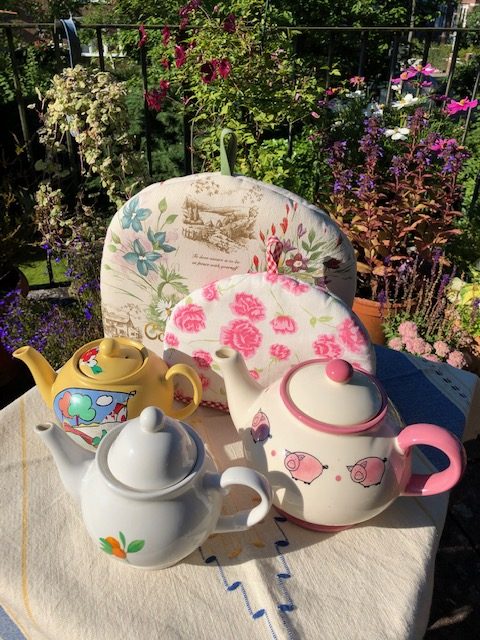On-line Business English Training v Coronavirus
A message to all my clients and potential clients!
As the world closes down and we are all stopped from working in our companies or on our client premises, so the necessity of training virtually has been pushed forward as the only means of continuing normal life, be it for training, buying groceries at the supermarket, communicating with one’s department in the office, or doing online yoga classes!
I took part in an online webinair this week at 23 00 where – wait for it – 1500 people were taking part! It was being streamed from Sydney, Australia to people all over the world. Isn’t this wonderful. Everybody you speak to is online in one way or the other. How would we have coped with this situation if we hadn’t had modern technology, the internet and all these online facilities?
I have been stopped from entering my companies here in Germany since 15 March and so I set to (meaning started with determination) last week doing some on-line training myself to enable me to train my clients in the same way as normal, but on FaceTime with their iPhone, their iPad or their computer, on Skype or on Zoom. There are many other platforms that offer such facilities and everytime I speak to someone, they are using a different programme.
One can schedule 1-1 lessons or group meetings/training and so far my clients have enjoyed this “new method”. At this time, when we are restricted from meeting people, it’s also good to see people on the screen too, rather than just listen to a voice.
Opera singers, actors and others have been preparing on-line videos to keep people entertained and offer support. People have been sharing hobbies, cooking recipes, book recommendations and many other things and new or previously unused words have come into the English language – caremongering*, cough etiquette, coronoia**, elbow bump and social distancing, to mention a few and are spread worldwide by the internet and on-line news.
To those clients who are still working with me, I am giving my usual 90 minute sessions and I am sending handouts in advance by email or What’s App. If a client working from home doesn’t have a printer to print-off handouts, then we can improvise and anyway, with some programmes you can attach documents so they can be displayed on the screen when one is training. It seems there is no limit to what one can do on-line and I still have a lot to learn. I am now registered for some more advanced training sessions!
My hope now is that more of my clients will take me up on the offer of on-line training – some working from home may well have more flexibility than when working in the office and some will have less pressure working from home. It’s also important mentally for people to focus on other subjects besides work and Coronavirus. We all have to pull together during this time to keep our businesses running and to enable us to get back to normality when the danger is over.
So, if you or your company would still like you to improve your business English at this time, then offer on-line training I can, and I would be delighted to hear from you.
Oh, and before I finish, in the interests of good social contact, please don’t forget to pick up the good old telephone and call some people who live alone, are elderly or sick to cheer them up during this time.
From Pledger Business English Training to all of you, take care, stay healthy and we wish you all the best at this difficult time.
*caremongering – meaning: a movement encouraging acts of kindness, especially to help vulnerable people during the COVID-19 pandemic
** coronoia – meaning: the persistent feeling that you have contracted the Coronavirus
Pat Pledger 27 March 2020










